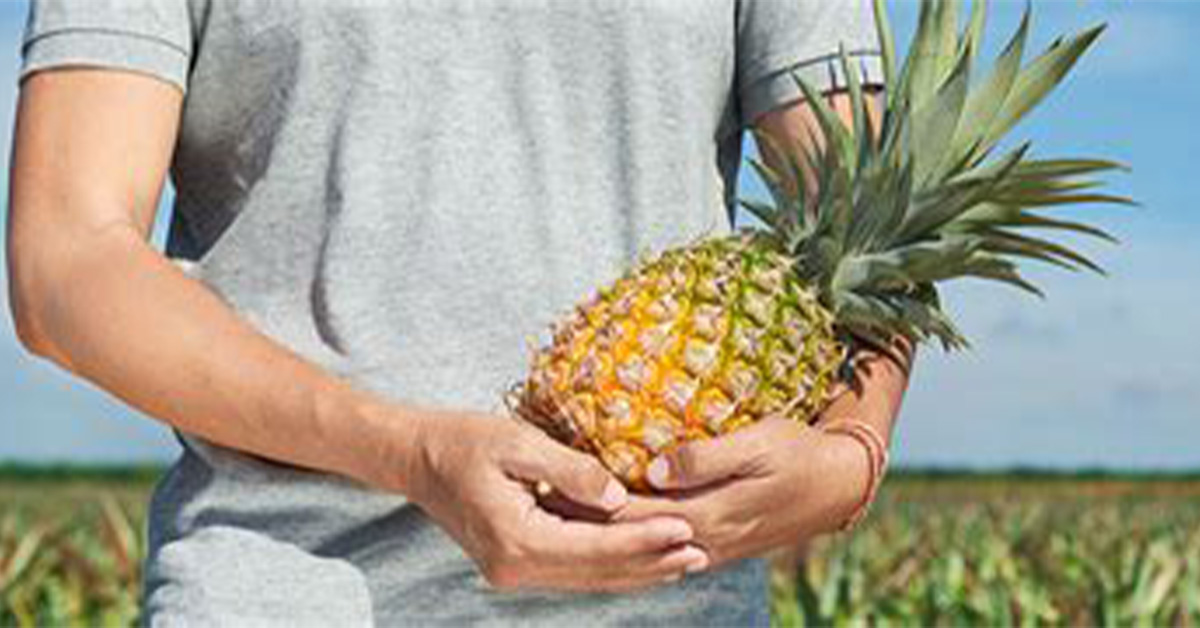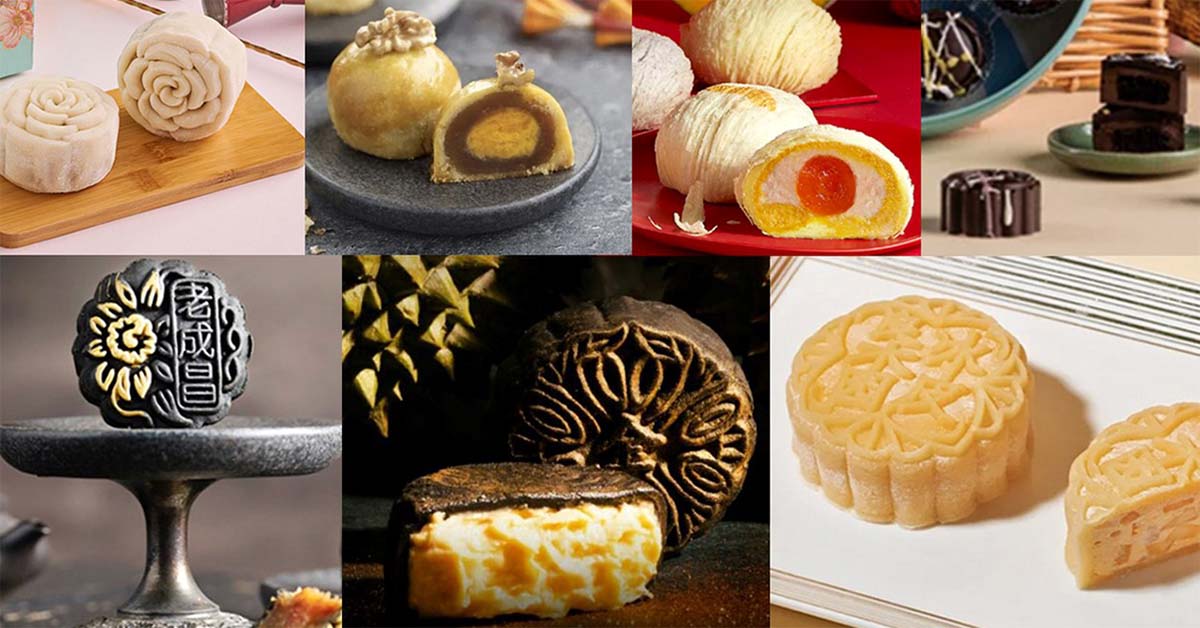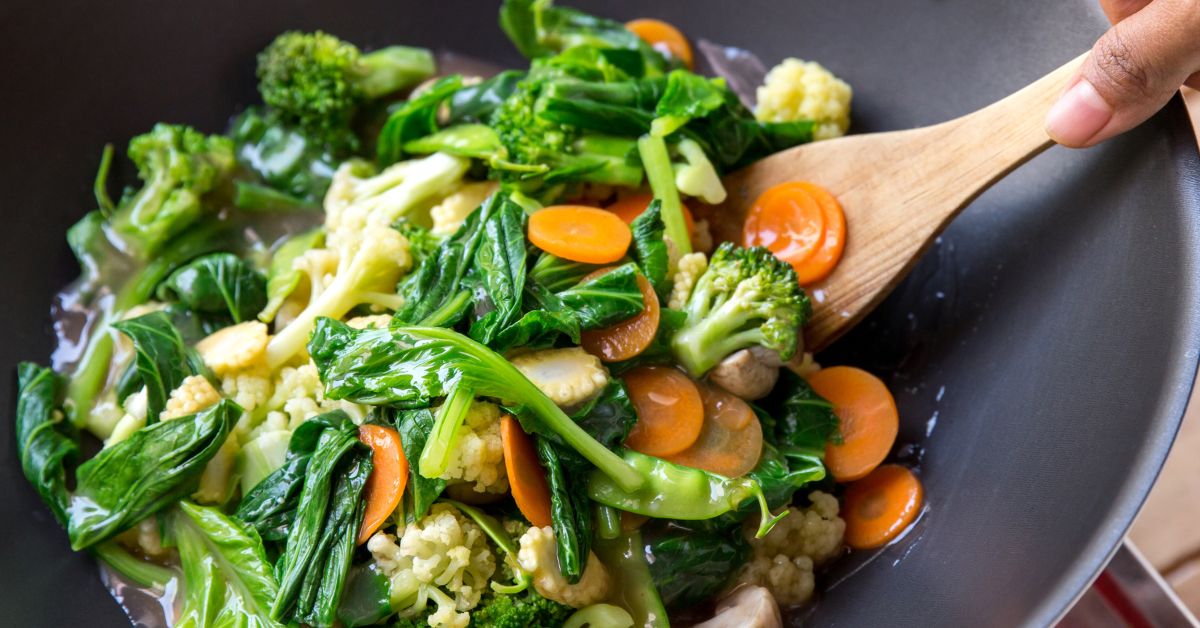
Different reasons for going plant-based
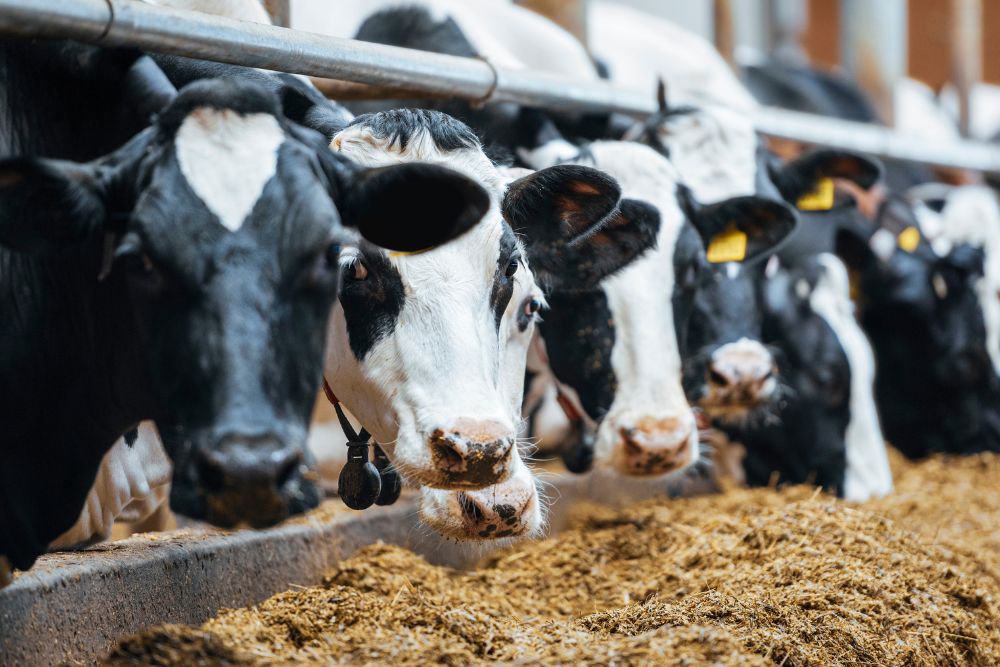
Note: As some nutrients like protein, iron, zinc, calcium and vitamin B12 are harder to obtain as a vegetarian or vegan, do consult a dietician before making any major shifts as a senior.
The different plant-based diets, and what they can or can’t eat
- Flexitarian diet
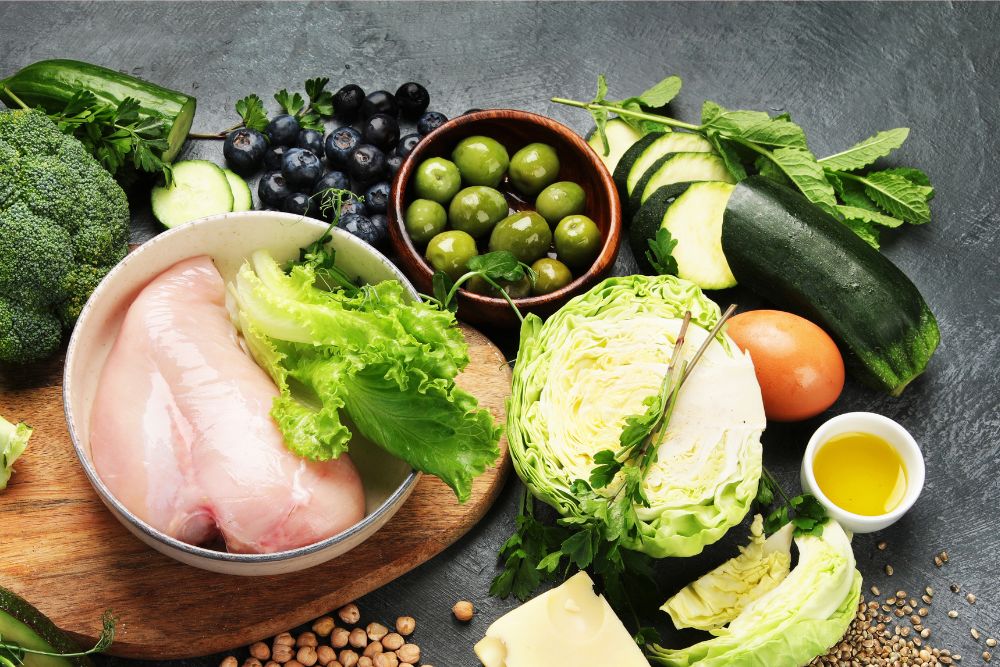
What flexitarians can eat:
Cooking for them is generally easy, as long as you focus on high-quality, whole foods. Even if you cook a hearty stew or curry fortified with meat, they can adjust their diet on other days to make up for it.
What flexitarians can’t eat:
Highly processed foods or large quantities of meat.
- Pescatarian diet
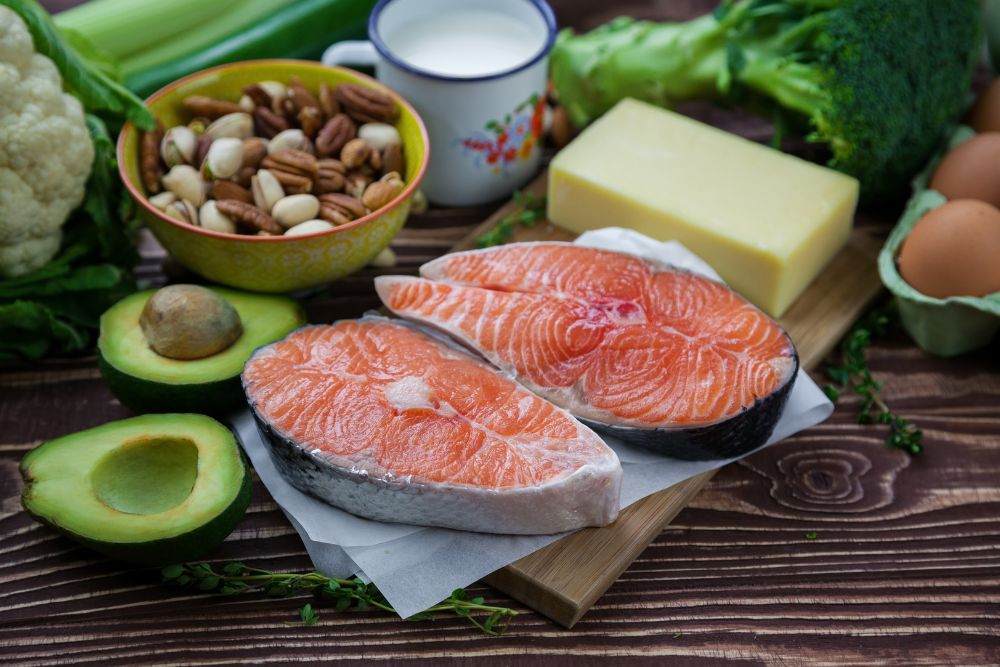
What pescatarians can eat:
Seafood-heavy dishes laden with vegetables are generally safe.
What pescatarians can’t eat:
Aside from the obvious diet restriction of meat, pescatarians may or may not eat eggs and dairy, so it’s best to ask beforehand or err on the side of caution.
Also take note of products that may use land-based meat, like the gelatin in gummies, the base of broths, or lard and tallow used during cooking.
- Lacto-ovo vegetarian diet
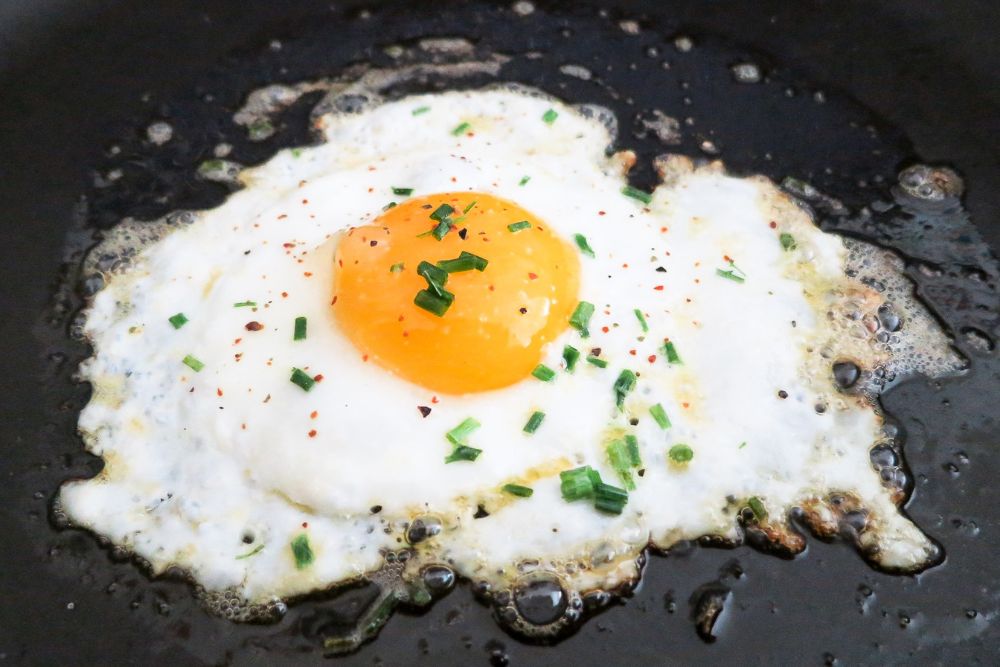
What lacto-ovo vegetarians eat:
Egg and dairy products are all kosher for lacto-ovo vegetarians, so go ahead and make them an omelette.
What lacto-ovo vegetarians can’t eat:
As with other vegetarians, they don’t consume meat products.
- Allium-free vegetarian diet
What allium-free vegetarians eat:
With common aromatics like garlic and onions struck off your shopping list, you’d have to get creative with how you flavour food when cooking for allium-free vegetarians. Ginger, red dates and other herbs can be used as a substitute.
There are also many Chinese vegetarian restaurants in Singapore catering for allium-free vegetarians.
What allium-free vegetarians can’t eat:
If using pre-bought sauces or curry pastes, do check the label to ensure that there aren’t any allium veggies hidden within.
- Vegan diet
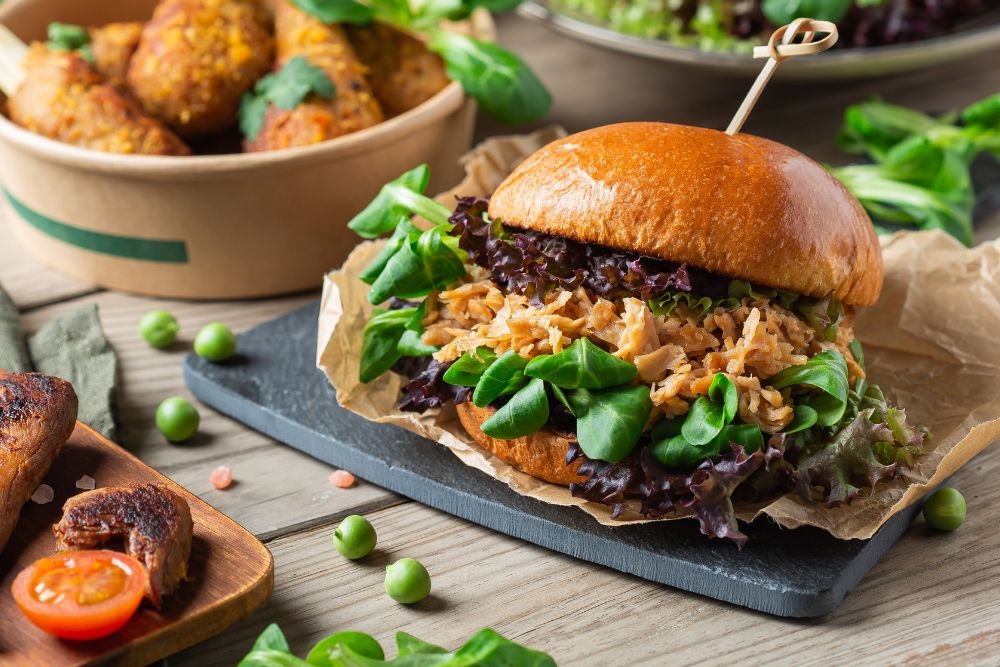
What vegans eat:
Strictly foods derived purely from fruits and vegetables. Vegan substitutes for many food items like cheese and honey are also available, though newfangled faux meat products are more debatable.
Most plant-based meats – including those from the popular Impossible and Beyond brands – are vegan, others have been known to contain eggs or dairy too.
What vegans can’t eat:
You’d be surprised how many items contain animal-related additives once you start looking for them.
These include: Beeswax, commonly used in lotions and balms; casein, derived from milk and used in supposedly non-dairy creamers; insect-derived carmine, used to dye food red; and egg white or isinglass (derived from fish bladders) to clarify beer and wine.
If you’re buying something for a vegan, it’d be best to look for a label identifying a food as vegan-friendly or stick to whole foods.



